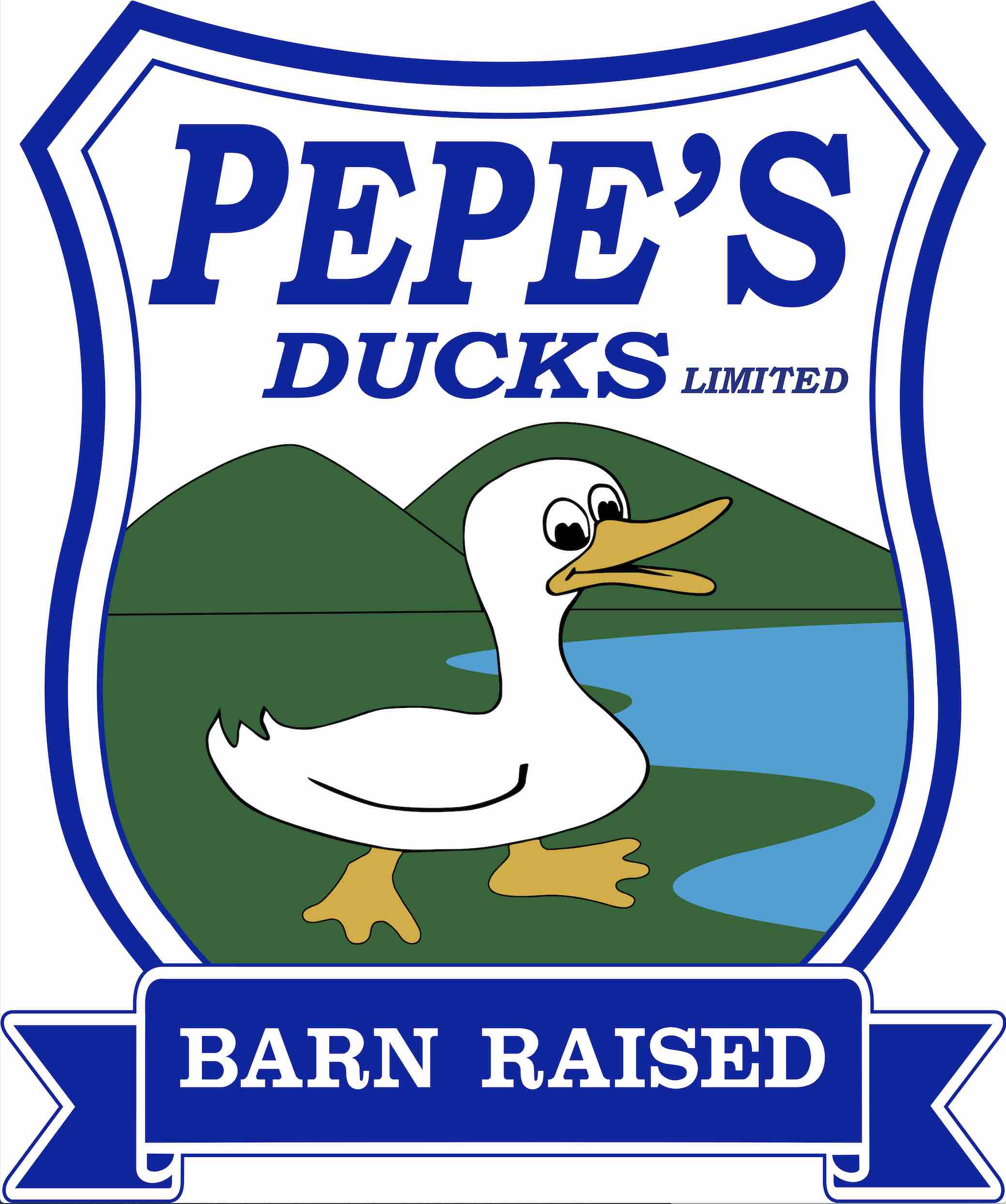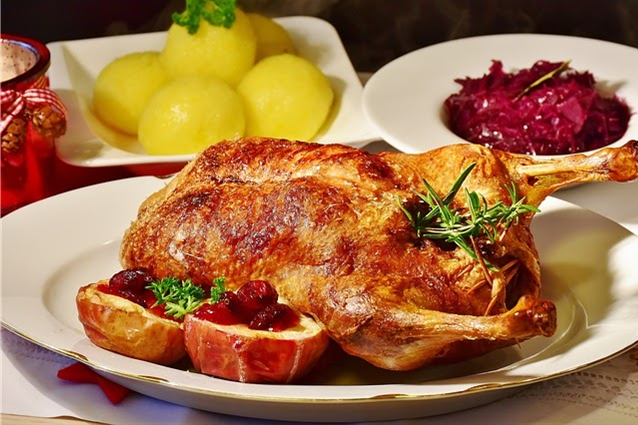There are just so many ways to cook duck that it can be confusing! Which recipe is best for beginners? Which one is best if you’re looking for a challenge? What is it about duck meat that differentiates it from chicken meat?
The good news is that you can answer these questions without constantly reading through a hundred recipes. A lot of them are based on basic principles that can teach you how to better appreciate the properties of duck (and maybe even make it easier for you to prepare on your own).
#1. Cooking duck meat in its own fat.
One of the misconceptions about duck is that it’s too luxurious and fatty. This often comes from people who don’t know that there are ways to remove fat from the duck (or perhaps believe that doing so would ruin the duck’s flavour).
In any case, one of the most common ways to remove duck fat is by cooking it off. Plenty of recipe videos fully demonstrate this by cooking the meat in its own fat. This is why you will generally hear the instructor say that oil is absolutely not necessary when cooking duck!
#2. Score the meat.
Another piece of advice you may find in these recipes is scoring the meat. This can be on the skin side of duck breast, or even when roasting it whole. The reason for this is that this also helps in cooking off the fat.
Scoring allows for a more even distribution of both heat and air in the meat. This helps the duck cook better and also provides more ways for the melted fat to get out. And if you’re not quite experienced with a knife, just pay attention to what specific part the recipe is asking you to score.
#3. Steaming the duck.
Other recipes (usually Chinese ones) may include steaming among one of the steps. This is usually to accomplish a number of things, whether it is crispy skin or softer meat. The finer points will certainly depend on the specific recipe.
Take note though, steaming duck is often combined with roasting and mastering how these work together can certainly step up your home cooking game.
#4. Reusing duck fat as an oil
If you’re health conscious, this may not be the best idea. On the other hand, duck fat can still be healthy on its own when used moderately as an ingredient. It has a roughly better ratio of unsaturated-versus-saturated fat ratio, and it definitely has a great addition in terms of flavour.
It’s why you often see roast potatoes as a suggestion (rather than butter). Going beyond that, you can also use it for other meats (including chicken)!
So the next time you want to try cooking duck, look out for these basics and learn them well. You’ll be well on your way to making a delicious recipe of your own!

